Interpretations
The fact that both the National Curriculum in England and the national assessment objectives that frame public examinations at GCSE and A-level include a focus on ‘historical interpretations’ (plural) as well as referring separately to students’ own use of evidence – makes it very clear that there is an important distinction between the disciplinary concepts of ‘evidence’ and ‘interpretations’. While the former is concerned with students’ use of sources to develop their own interpretation of events; the latter is concerned with students’ exploration and explanation of how and why interpretations developed by historians differ from one another. (Both have a critical role to plan in students’ historical learning – and both need to be carefully planned!) Giving students the confidence and the knowledge to handle competing interpretations is undoubtedly challenging, but the materials in this section show how careful planning within and across the key stages (including Key Stage 3) can help students of all ages to engage effectively with interpretations examining the relationship between historians’ accounts (in books and on television) and the particular questions that they have chosen to answer, as well as the sources on which they claim to have drawn. Read more
-

Historical reasoning in the classroom
ArticleClick to view -
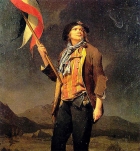
Polychronicon 150: Interpreting the French Revolution
ArticleClick to view -
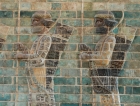
Polychronicon 149: Interpreting the Persian Wars
ArticleClick to view -

Teaching students to argue for themselves - KS3
ArticleClick to view -
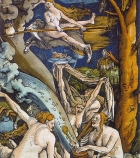
Polychronicon 147: Witchcraft, history and children
ArticleClick to view -
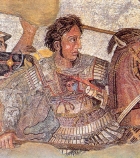
Using ancient texts to improve pupils' critical thinking
ArticleClick to view -
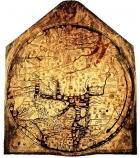
Polychronicon 146: Interpreting the history of 'big history'
ArticleClick to view -
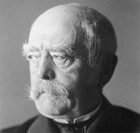
Year 12 write Zambia's history for Zambian students
ArticleClick to view -
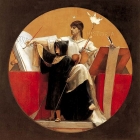
Key Concepts at Key Stage 3
Multipage ArticleClick to view -
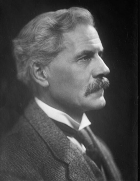
Polychronicon 144: Interpreting the 1930s in Britain
ArticleClick to view -

Passive receivers or constructive readers?
ArticleClick to view -

Getting Year 7 to vocalise responses to the murder of Thomas Becket
ArticleClick to view -

Creating confident historical readers at A-level
ArticleClick to view -

Cunning Plan 142: Why do historical interpretations change over time?
ArticleClick to view -

Developing sixth-form students' thinking about historical interpretation
ArticleClick to view -

Polychronicon 142: 'instructive reversals' - (re)interpreting the 1857 events in Northern India
ArticleClick to view -

Seeing the historical world
ArticleClick to view -
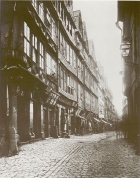
A question of attribution: working with ghetto photographs
ArticleClick to view -
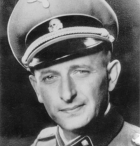
Polychronicon 141: Adolf Eichmann
ArticleClick to view -
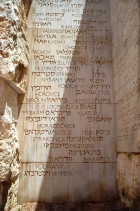
Deepening post-16 students' historical engagement with the Holocaust
ArticleClick to view

